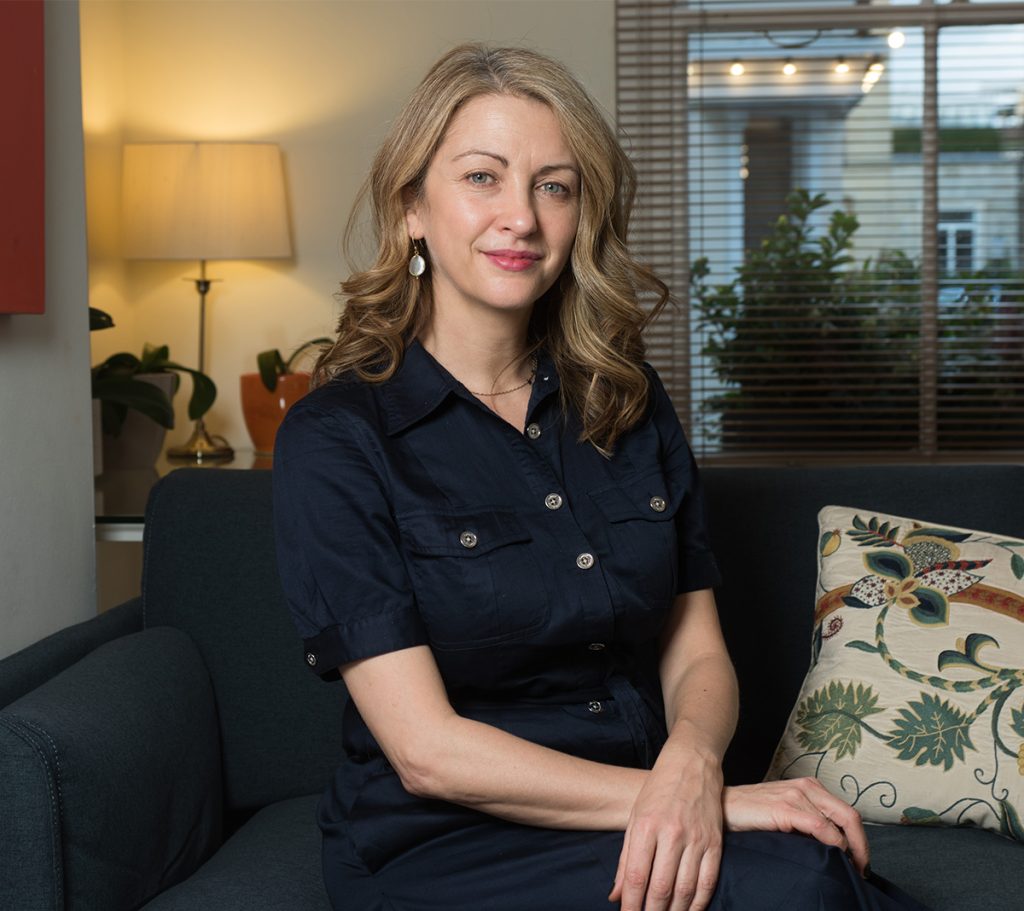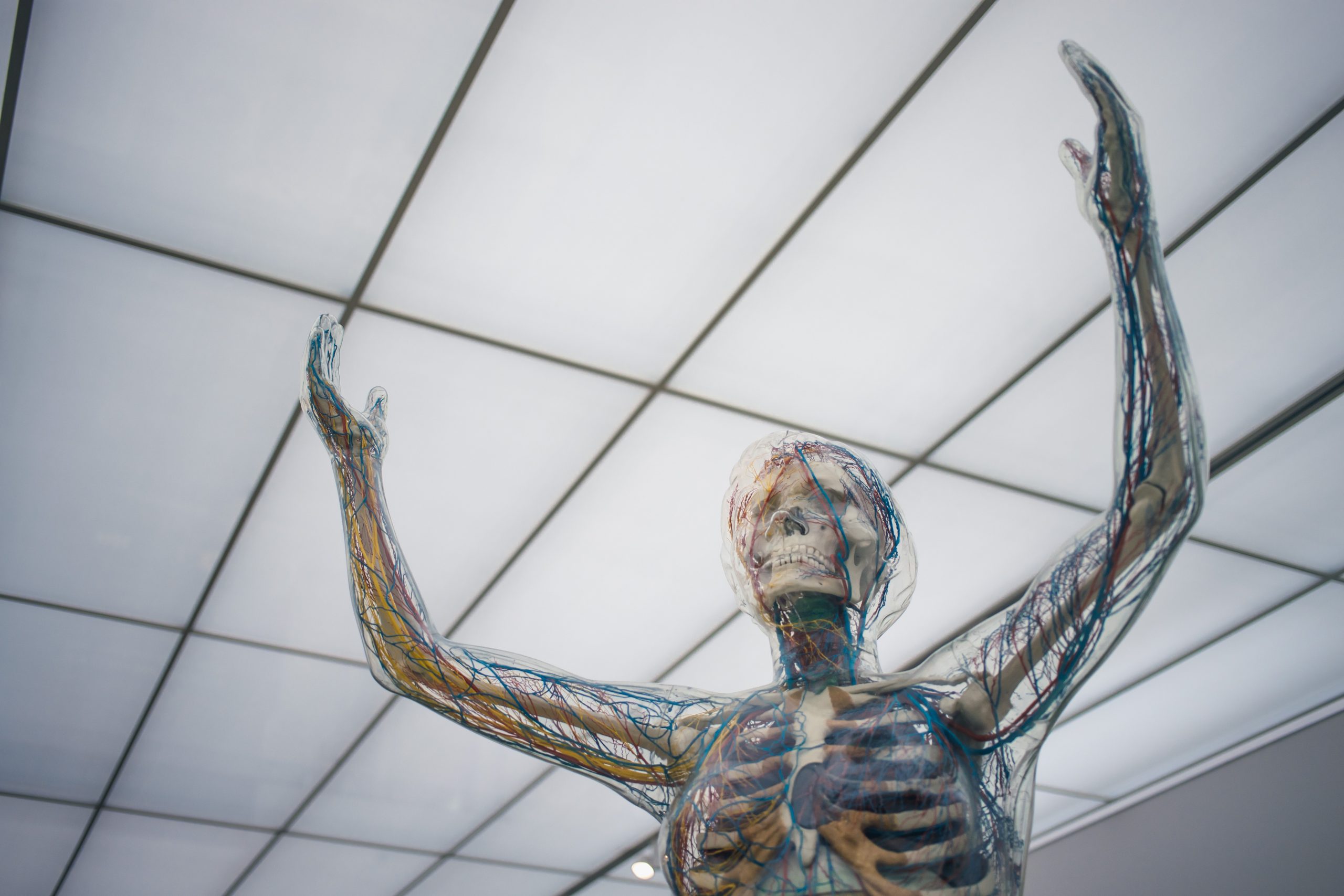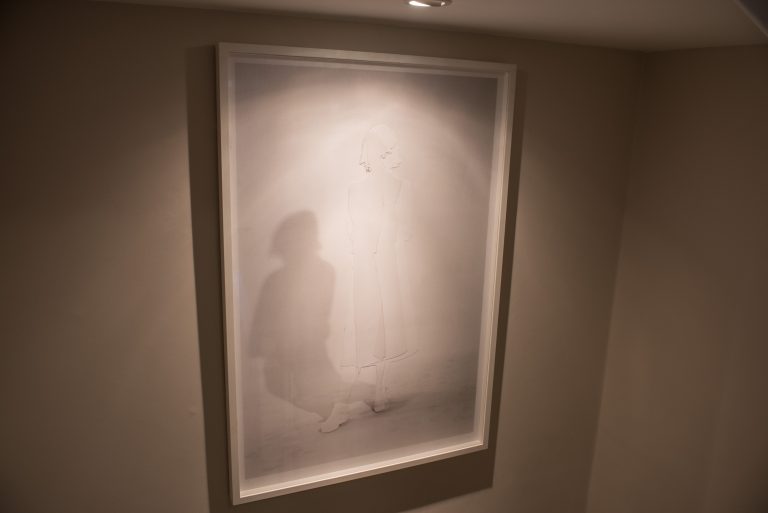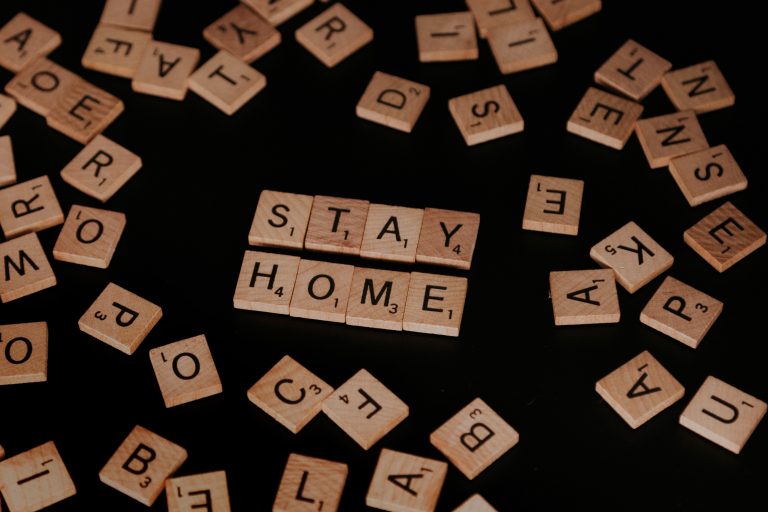Michelle Scott, TRC London and Edinburgh, takes us through this guide on becoming visible and the importance of being seen. Old behaviours, programmed over our early years, maybe getting in the way of our self-esteem. Take some time to notice and replace these old ideas about yourself.
Lucinda wrote last week about “Being Seen”. She described the many ways we have not been seen and how it can manifest in our lives.
If as children we are not seen our needs will go unmet and we’ll instinctively know we are not safe. In fear, we may learn behaviours that make us pleasing, gain us attention or insulate us from our needs. We find poor replacements for authentic love and validation. We numb out from the pain of emptiness.
Unseen we doubt our thoughts, feelings and our experience of our reality.
Confused and caught up in the need to act in ways that protect us we do not have the gift of a space in which to find ourself.
Our true self becomes invisible.
We grow older, bigger on the outside but no more solid or secure in our identity. We learn to stay invisible to everyone and, fearful of what we may find, we avoid looking at our own reflection. Afraid that our authentic self is as unworthy and unlovable as we have come to believe.
We have no model of compassionate validation and containment of our experience. Meaning the pain of this feared discovery feels intolerable, unsurvivable even.
We abandon ourself to protect us from the pain of abandonment.
We stay invisible.
Our way out of this life led by fear and loss is to become visible.
When we recognise that our beliefs about who we are and what we need to do are remnants of our past we find opportunity. We can learn to process our developmental trauma and be safe in our present day reality.
When we see ourself, WE get to decide who we are now.
How can we begin?
Acknowledge that there are powerful forces keeping us invisible.
Fear keeps us from danger and challenging it can feel threatening to our survival. We can begin to see ourself by validating the strength and importance of our fear.
Grieve for what we now realise we have not had. Understand that it will be painful and that this is a normal healthy feeling.
Look for encouragement in others who have become visible. The 12 step fellowships encourage the sharing of experiences. Brene Brown talks about the power of vulnerability.
Ask for help. Validate your need for support and challenge the belief that you are not worthy. Find others who you trust to see you and be open to looking in the mirror they hold up for you.
Become your own attentive parent. Think of how you might treat a child you know with compassion and encouragement.
Notice ways in which you stay invisible. Do you apologise more than is necessary? Is your a ddiction a way to hide from your feelings? An eating disorder a desire to hide who you are? Do you always say yes to keep the peace? Do you strive to succeed to cover up your perceived lack of worth?
Reframe any patterns of behaviour. Thank the younger version of you for instigating them to help you survive. Commend the younger you for recognising your needs and acting upon them.
See your true self with love. Start small, find one thing about you that you can give care to, be proud of, protect from judgement. Tell yourself well done for getting out of bed when it was the last thing you felt like. Thank your feet and legs for carrying you around every day. Admire your values of loyalty and honesty. Try Caroline’s exercise in self-care.
Be present and connect with things you feel deeply. Watch a movie that makes you laugh out loud. Listen to music that makes your heart lift. Say hello to this spontaneous expression of the authentic you.
Allow yourself your full range of feelings. If you have hidden from them for a long time they may feel alien or uncomfortable at first. Observe rather than judge. Practice naming them, welcoming them with curiosity.
Pause every day and ask “what do I need right now”.
Hear your voice. Are you speaking from your deep belly breathing and with your heart? Try Emily’s voice exercise.
Take up space. Does your posture say “I am here” or “please don’t see me”? Experiment with how to come into your body. Be playful with it. Dance when you know nobody will see you, skip like a child, run as fast as you can.
Journal or be creative. Document your experiences, express your feelings in tangible form.

Author: Michelle Scott
Psychotherapist & Eating Disorder Specialist MSc BSc RMHN (Reg MBACP) London & Edinburgh




